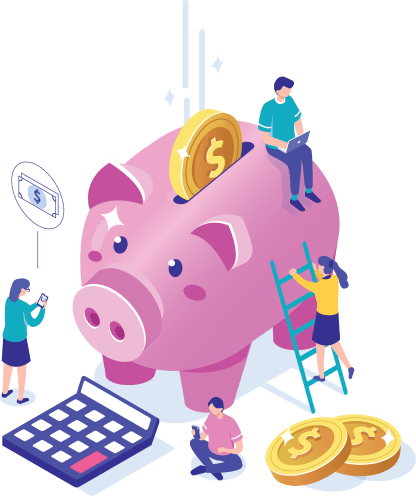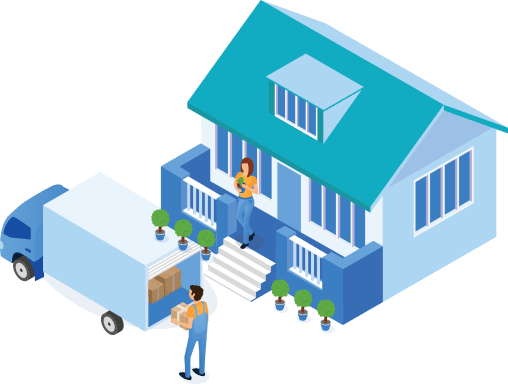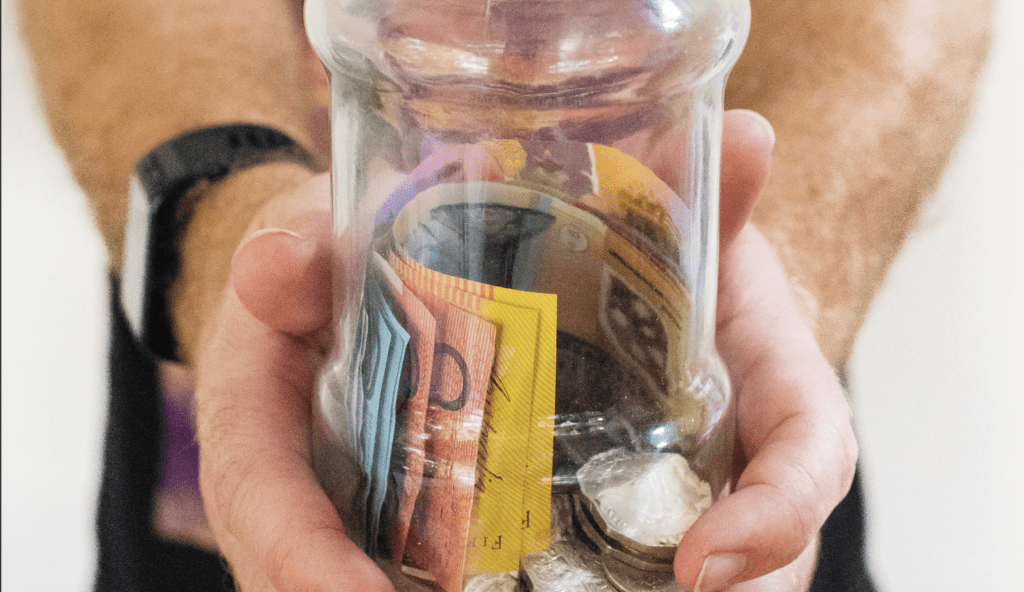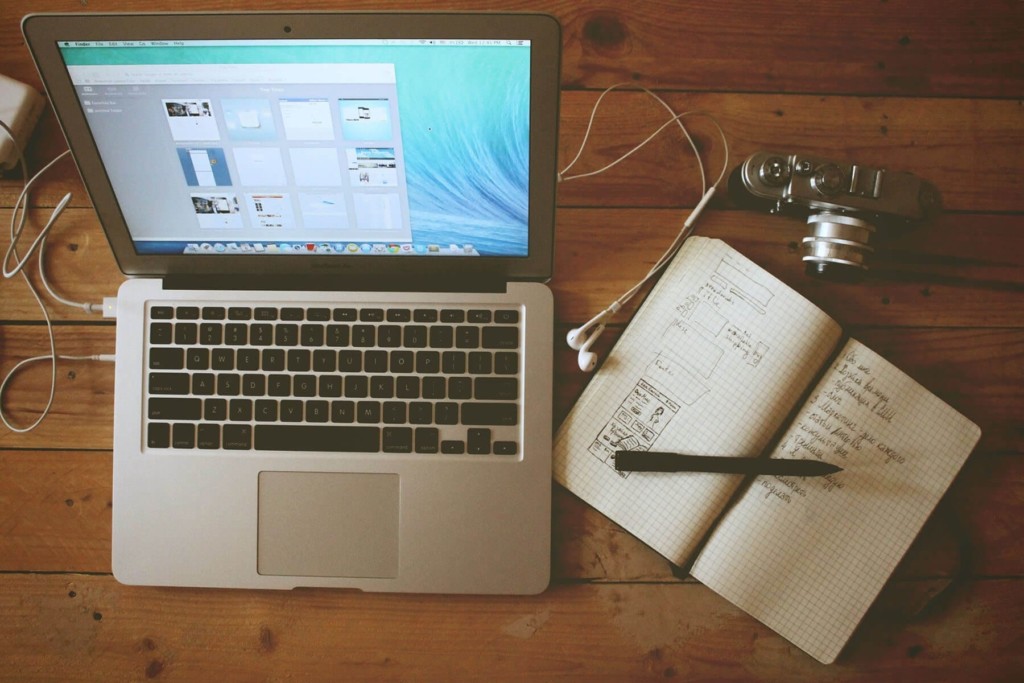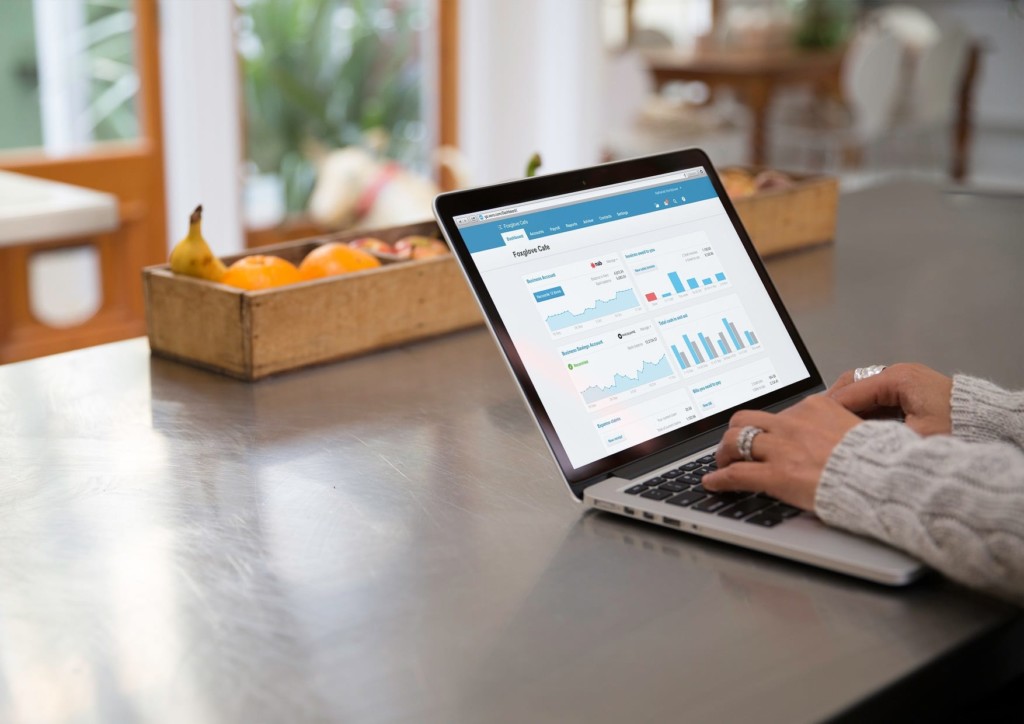We recently spoke to Tim McIntyre at news.com.au about how some Australian’s are taking advantage of the growing share economy, without understanding what the tax requirements are.
What’s the share economy? It’s a model whereby people are able to rent or lease things owned by others. For instance: Uber, Air BnB and Airtasker. Are you making money from any of these streams?
We’ve found this year that a lot of clients will casually mention income made from the sharing economy as an afterthought; otherwise they’re forgetting to tell us at all. The government is now regulating your side hustles and it’s important to know that this income has to be declared, and tax must be paid on it.
Uber drivers need to have an ABN in order to operate and they must be GST registered. Air Bnbers should be aware of the fact that renting out a room in their main residence means that they may not be exempt from capital gains tax anymore. It doesn’t matter if you’re earning $10 or $1000 a week off the sharing economy, it all has tax implications.
Some general considerations for those using the share economy:
- You are likely to need an ABN
- You may need to register for GST and lodge BAS statements
- If you’re GST registered, the price of your goods or services includes GST
- Keep your tax invoices
- You must declare your income in your tax return
- The best thing to do overall is speak to your accountant. The space is still grey
The most common question we come across is what can you claim if you’re using the share economy?
AirBnb:
- Council rates
- Electricity and gas bills
- Property insurance
- Cleaning and maintenance costs
- Fees charged by AirBnb for facilitation
Uber:
- Fees paid to Uber
- Parking
- Tolls
- Insurance
- Mobile bills
- License and rego
And these are just to name a few. Of course deductions will always vary on a case-by-case basis, as usual.
To avoid paying more tax than necessary, ensure that you keep yourself organised. Are you using a bookkeeping software or do you have some sort of tracking system in place? Your records need to be thorough and you need the help of an accountant to keep the extra income tax minimal.


